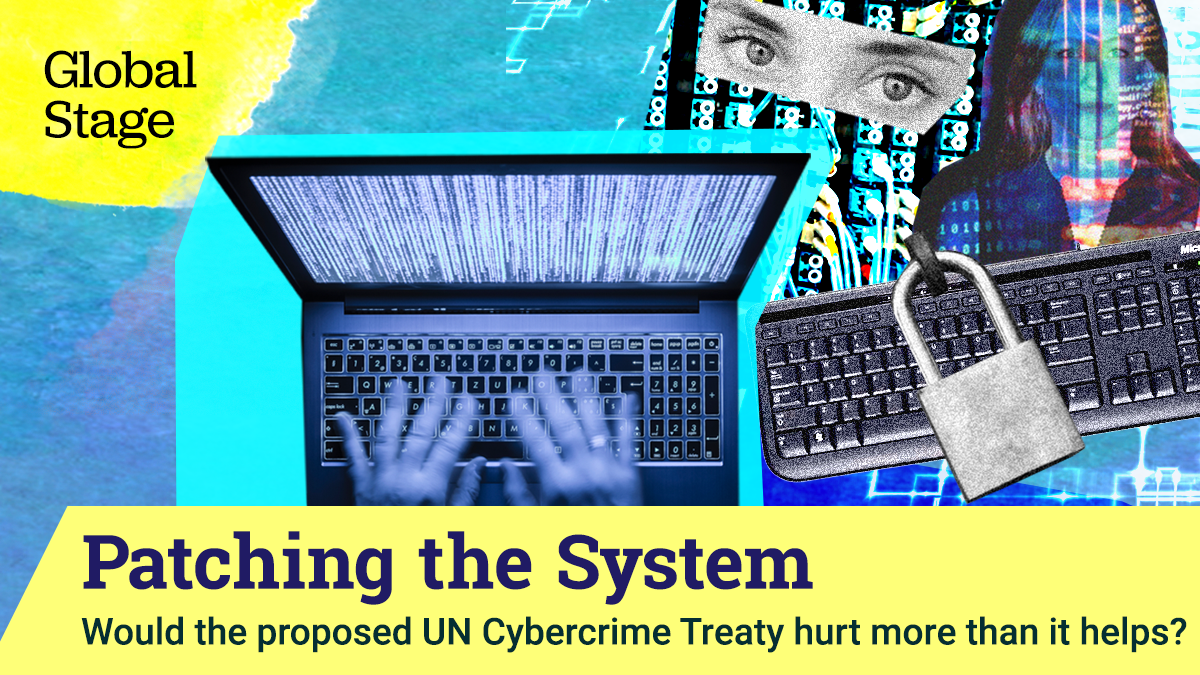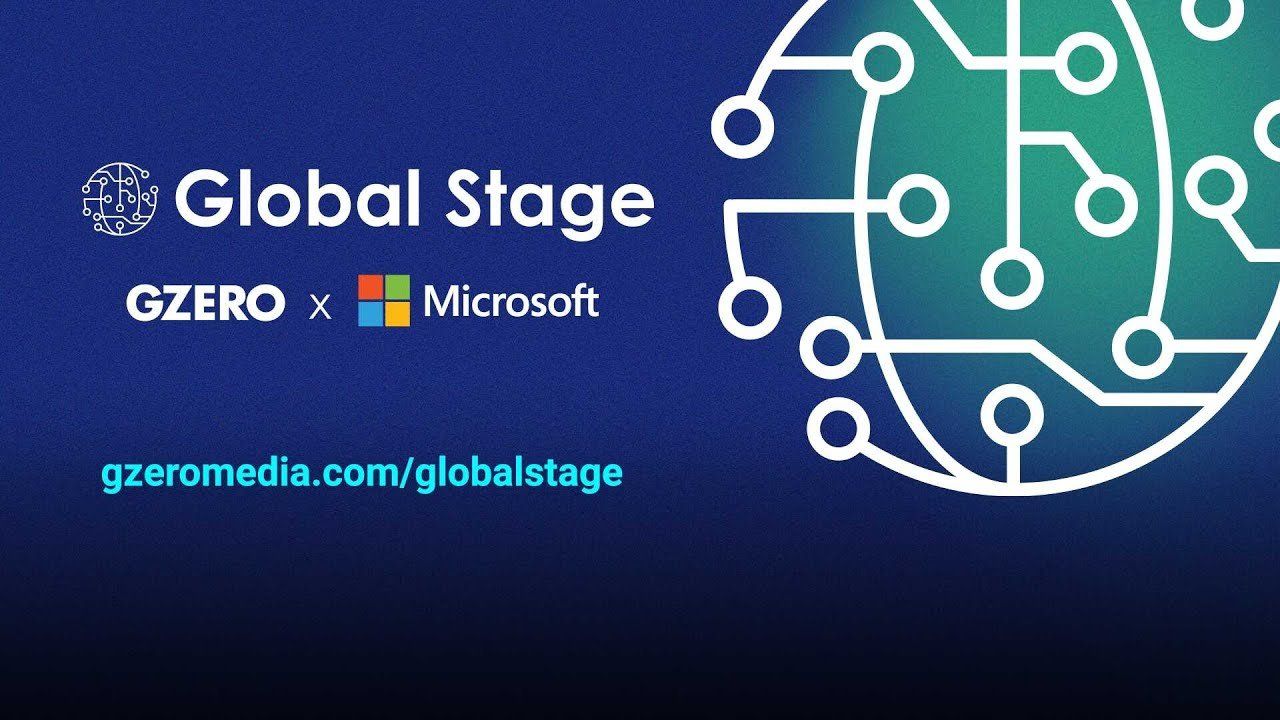Podcast: Would the proposed UN Cybercrime Treaty hurt more than it helps?

Listen: As the world of cybercrime continues to expand, it follows suit that more international legal standards should follow. But while many governments around the globe see a need for a cybercrime treaty to set a standard, a current proposal on the table at the United Nations is raising concerns among private companies and nonprofit organizations alike. There are fears it covers too broad a scope of crime and could fail to protect free speech and other human rights across borders while not actually having the intended effect of combatting cybercrime.
In season 2, episode 4 of Patching the System, we focus on the international system of online peace and security. In this episode, we hear about provisions currently included in the proposed Russia-sponsored UN cybercrime treaty as deliberations continue - and why they might cause more problems than they solve.
Our participants are:
- Nick Ashton-Hart, head of delegation to the Cybercrime Convention Negotiations for the Cybersecurity Tech Accord
- Katitza Rodriguez, policy director for global privacy at a civil society organization, the Electronic Frontier Foundation
- Ali Wyne, Eurasia Group Senior Analyst (moderator)
GZERO’s special podcast series “Patching the System,” produced in partnership with Microsoft as part of the award-winning Global Stage series, highlights the work of the Cybersecurity Tech Accord, a public commitment from over 150 global technology companies dedicated to creating a safer cyber world for all of us.
Subscribe to the GZERO World Podcast on Apple Podcasts, Spotify, Stitcher, or your preferred podcast platform, to receive new episodes as soon as they're published.
- Podcast: Foreign influence, cyberspace, and geopolitics ›
- Podcast: Cyber mercenaries and the global surveillance-for-hire market ›
- Podcast: How cyber diplomacy is protecting the world from online threats ›
- Attacked by ransomware: The hospital network brought to a standstill by cybercriminals ›
- Hacked by Pegasus spyware: The human rights lawyer trying to free a princess ›
- Podcast: Can governments protect us from dangerous software bugs? - GZERO Media ›


















